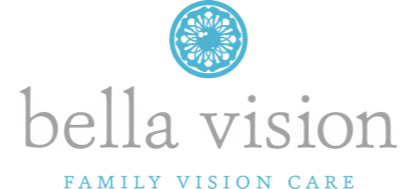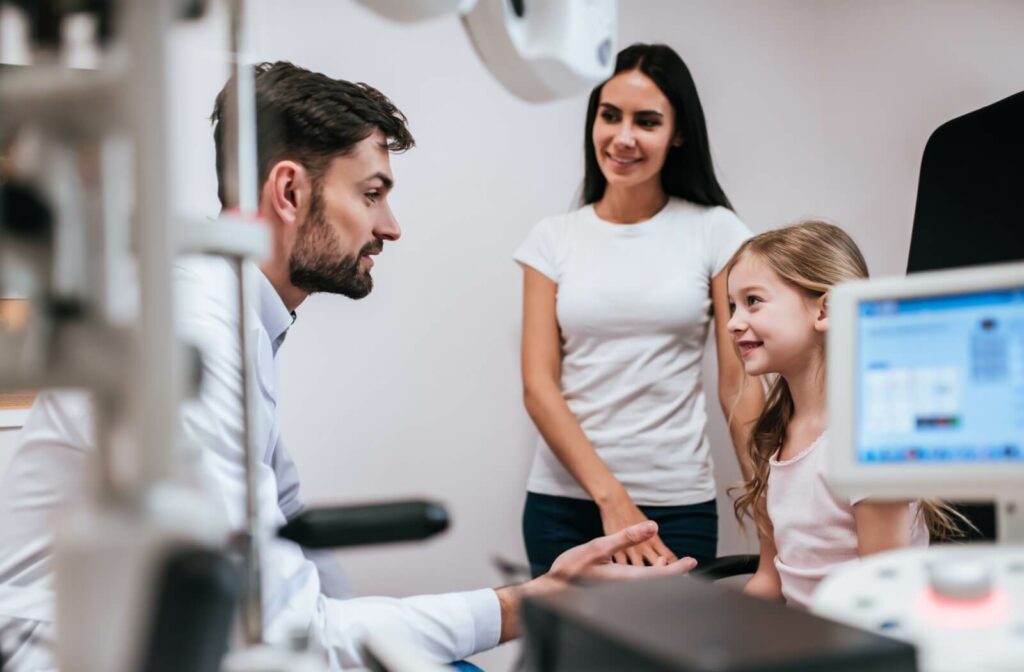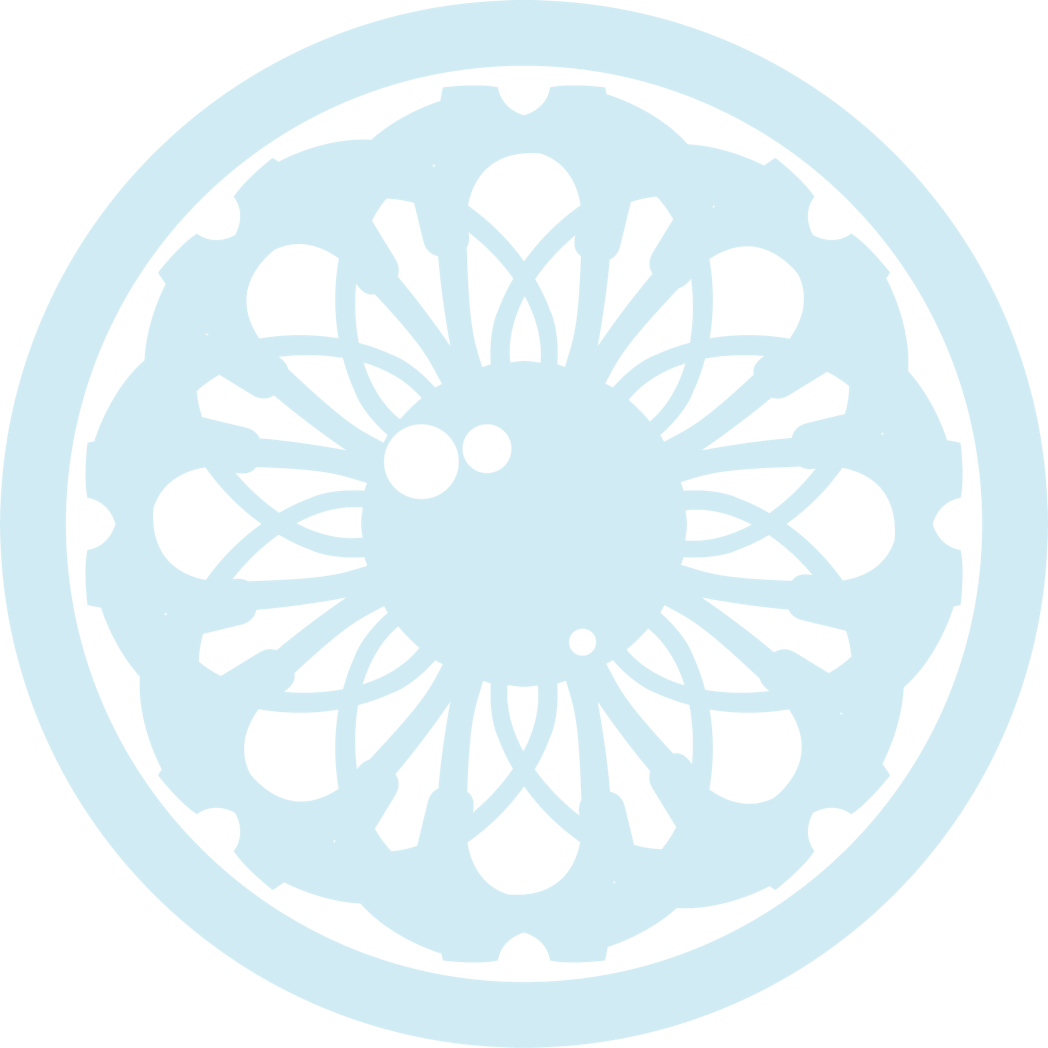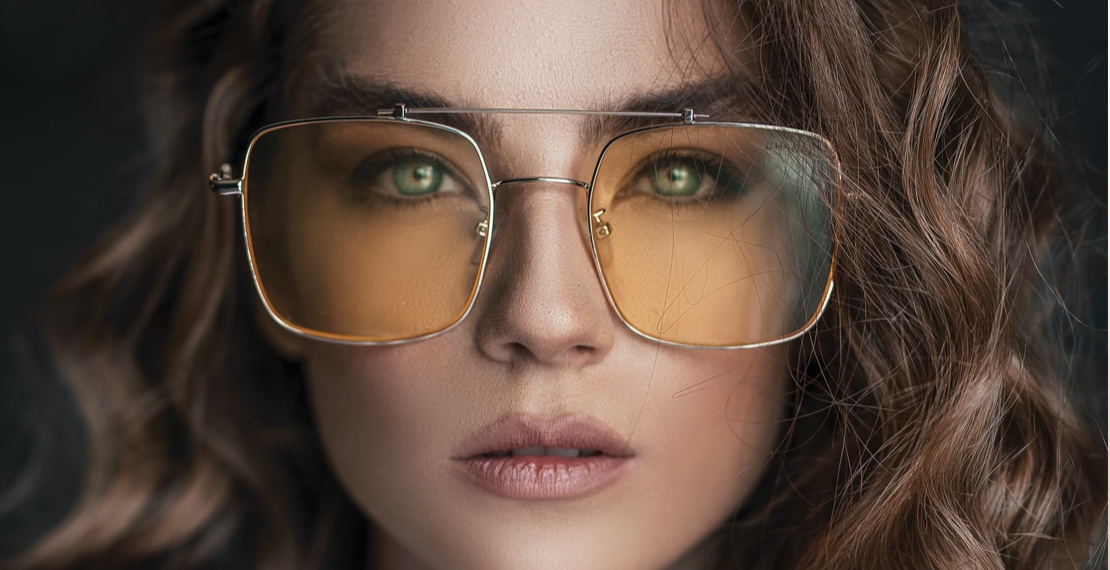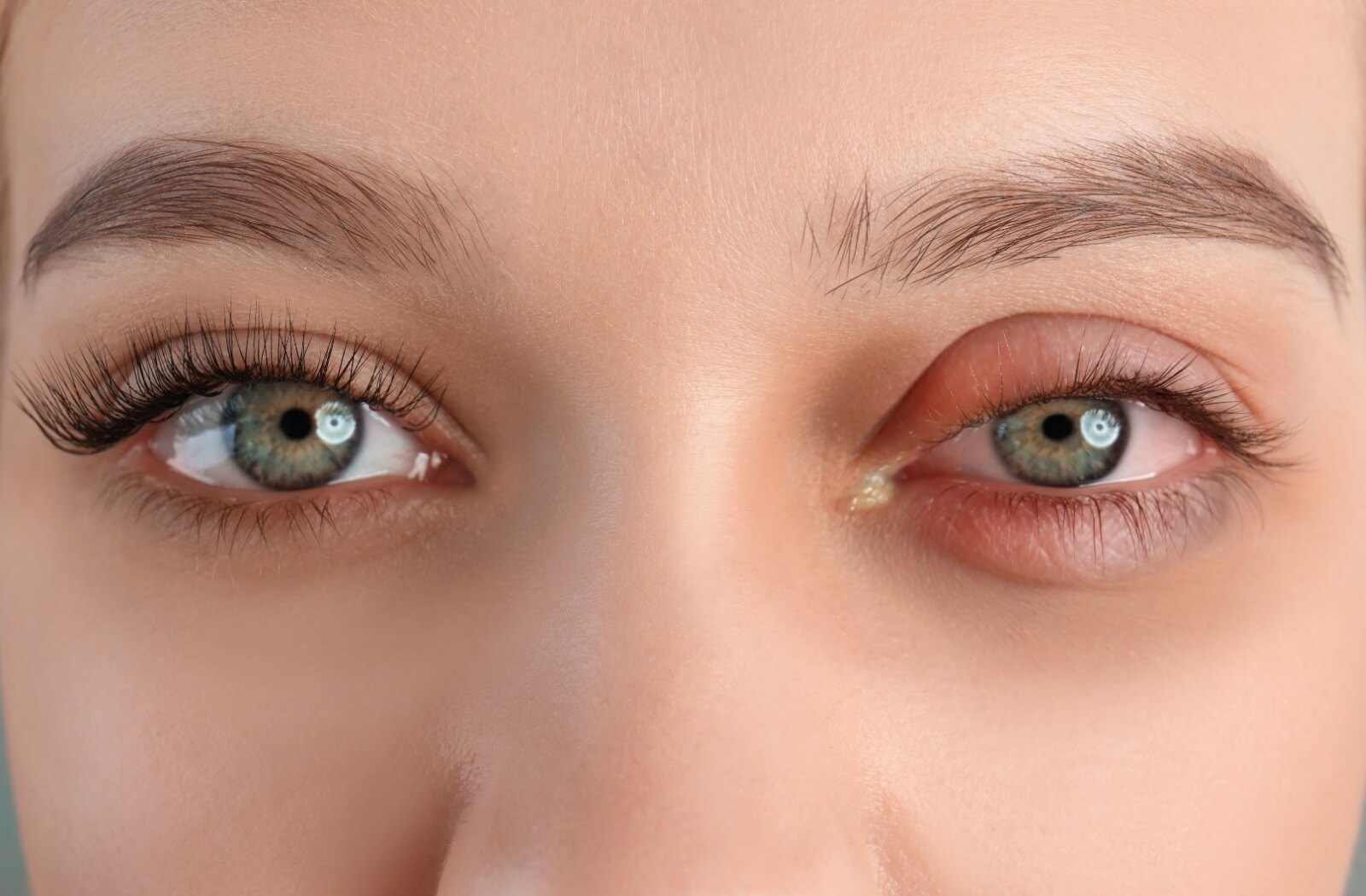Approximately 1 in 5 of school aged children (20%) struggle with binocular vision problems that interfere with their ability to read and learn efficiently. Many of those children make it to adulthood with those same ongoing vision problems without answers. Not a day goes by in our practice when a patient comes in with multiple pairs of glasses, complaints of headaches and eyestrain. In these instances, the main issue was not that they couldn’t see the 20/20 line on the eye chart, but they had a binocular vision problem that was the underlying cause of those symptoms.
Acquired brain injury, stroke and concussion can also cause vision problems that interfere with reading, work, driving and overall quality of life. Vision therapy offers a solution beyond traditional eye care that involves strengthening the brain-eye connection to reduce symptoms and improve vision.
Conditions vision therapy can treat include:
- Binocular Vision Dysfunction (BVD)
- Oculomotor Dysfunction
- Amblyopia (lazy eye)
- Strabismus (eye turn)
- Convergence insufficiency
- Visual Processing Delays
- Post Concussion Vision Syndrome
Your optometrist can determine if you may benefit from vision therapy after performing a comprehensive eye exam and binocular testing.
What Is Vision Therapy?
Vision therapy is a non-invasive treatment program for improving visual skills and correcting vision problems. Many people aren’t aware that we need 17 visual skills to help us succeed in everyday life, with tasks such as reading, playing sports, and learning in school.
Unlike traditional eye care, which often focuses on preventative care, early detection of eye diseases, and prescribing glasses or contact lenses, vision therapy aims to train the eyes and brain to work better together. Through a series of activities, vision therapy helps enhance visual abilities such as eye movement control, focusing, and coordination.
Your eye doctor can determine if you would benefit from vision therapy after conducting a comprehensive eye exam. During the exam, they will check various eye functions, including eye alignment, eye teaming, visual perception, and tracking abilities. When they identify a vision condition, they will create a personalized vision therapy program to address your needs.
Common Conditions Vision Therapy Can Treat
Vision problems can occur, regardless of age. Here are some common conditions that vision therapy can help treat.
Binocular Vision Dysfunction (BVD)
Binocular Vision Dysfunction (BVD) affects both children and adults. This condition can be developmental in nature or acquired after an injury. BVD is a condition where the brain is no longer able to efficiently process visual information efficiently. Symptoms can include blurred vision, double vision, headaches, dizziness, decreased depth perception, clumsiness and even difficulty keeping your place while you read. Vision therapy is highly effective at treating binocular vision dysfunction of people of all ages. Binocular Vision Dysfunction includes: Convergence Insufficiency (CI), Accommodative Dysfunction among many others.
Amblyopia (Lazy Eye)
Amblyopia, commonly known as lazy eye, occurs when one eye does not develop 20/20 vision. The eye itself is not weak as the name implies, rather the brain shows preference to one eye over the other. Amblyopia typically develops in early childhood and can be caused by high refractive error, strabismus and can cause reading comprehension issues and ongoing vision problems.
Strabismus (Eye Turn)
Strabismus is a condition where the eyes do not align properly, causing one or both eyes to turn in, out, up, or down. This misalignment can lead to double vision, eye strain, and difficulties with depth perception. Uncorrected strabismus in children can lead to amblyopia.
Convergence Insufficiency (CI)
Convergence insufficiency is an eye condition where the eyes struggle to work together when focusing on a nearby object. This can make reading, writing, and other close-up tasks challenging and uncomfortable. Symptoms may include double or blurry vision.
Other Conditions Vision Therapy Can Treat
Vision therapy can be beneficial for other conditions such as:
- ADD/ADHD
- Autism and developmental delays
- Post-concussion syndrome
- Acquired brain injuries (ABI)
- Nonverbal learning disabilities (NVLD)
The Role of Vision Therapy in Treating Specific Conditions
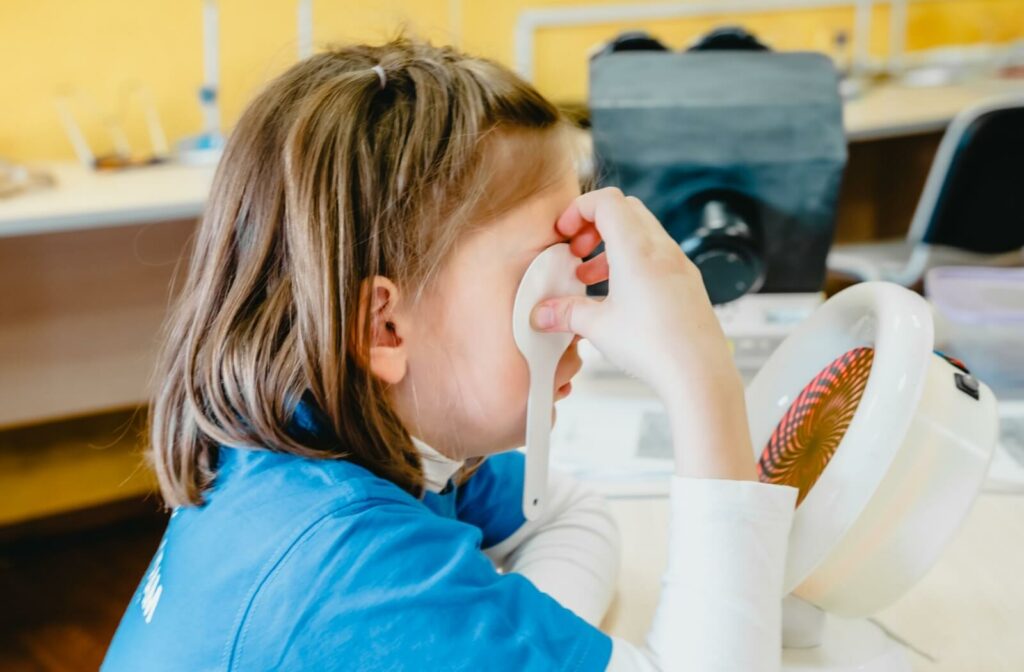
Vision therapy can address the symptoms of various vision problems and improve overall visual function. Unaddressed vision issues in children can hinder academic performance, social interactions, and overall development. For adults, untreated vision problems can lead to difficulties at work or reduced quality of life.
Improving Amblyopia
Vision therapy for amblyopia often involves activities to stimulate the weaker eye while encouraging the brain to use both eyes together. These activities may include utilizing prism, lenses and binocular activities to stimulate both visual channels, thereby allowing the patient to understand how to use the eyes together. Patients also see improvements in depth perception, eye tracking and visual acuity during treatment.
Correcting Strabismus
In strabismus cases, vision therapy focuses on improving eye alignment and coordination. Activities may include anti-suppression filters, prism, lenses and fusion activities which give the patient real-time feedback about how their eyes and brain are communicating. Eye tracking, eye focusing and fusion activities are emphasized during the vision therapy program. As the eyes and brain improve coordination, most patients also see improvement in eye alignment, coordination and depth perception.
FAQs About Vision Therapy
It’s natural to have questions about vision therapy. Here are some common queries and their answers.
How Long Does Vision Therapy Take?
The duration of vision therapy varies depending on the individual’s specific needs and the severity of the condition. Some people may see improvements quicker, while others may require a longer treatment period. Your eye doctor will provide a tailored plan and monitor your progress.
Is Vision Therapy Effective for Adults?
Yes! Vision Therapy is effective for adults as well as children. While younger individuals may experience faster results, adults can still benefit significantly from vision therapy. It can help improve visual function, reduce symptoms, and enhance overall quality of life.
Personalized Vision Therapy Plan for Vision Conditions
Vision therapy can help individuals struggling with various vision problems by improving the eye-brain connection of visual information. In other words, how quickly and efficiently we process what we see. Proper diagnosis and treatment options are key to improving symptoms and your overall quality of life.
If you suspect a vision issue or have concerns about you or your child’s vision, request an appointment for a vision therapy consultation with Bella Vision today.
